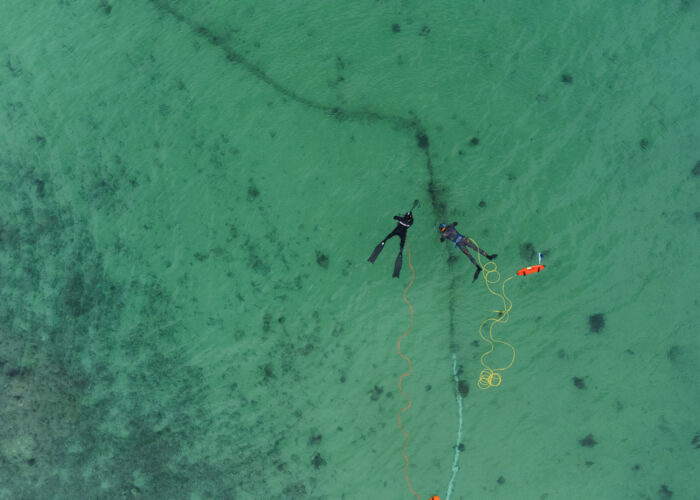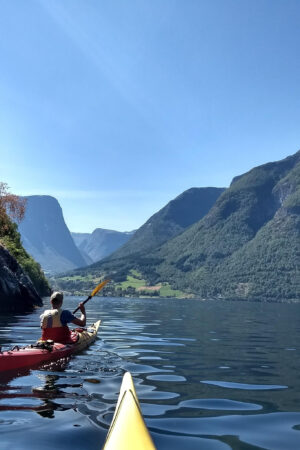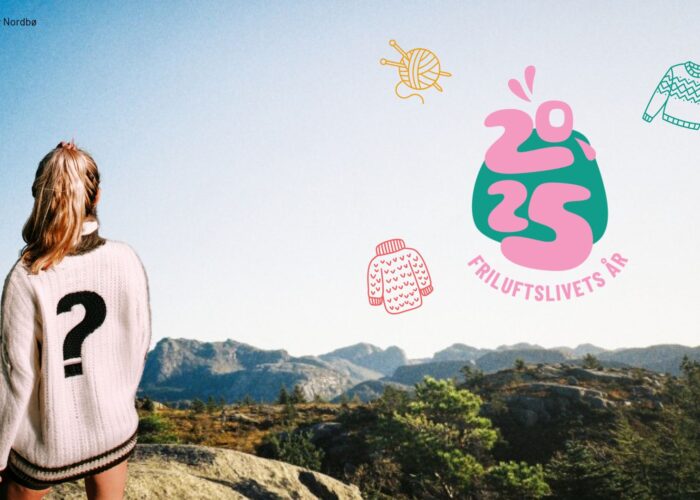The aim of this qualitative study was to explore subjective experiences of howfriluftsliv can support processes of recovery for persons living with eating disorders.
Eight participants with experiences with bulimia nervosa and/or binge-eating disorders, and with interests in nature and friluftsliv were interviewed twice, using ‘going together’ and semi-structured interviews as data generation method. The results reveal how friluftsliv, byencompassing relational processes, facilitated opportunities to recognize one’s personal needs—for instance, choosing to be social or to be by oneself. Friluftsliv was described as a learning and practice arena for reclaiming control over one’s recovery and life. Furthermore, the participants demonstrated how (re)establishing oneself as an outdoor person supported the development of a new sense of self. The article concludes with an emphasis on how friluftsliv was experienced as comprising nurturing occupations and environments that enabled other aspects of one’s life than the eating disorder to be prominent.



